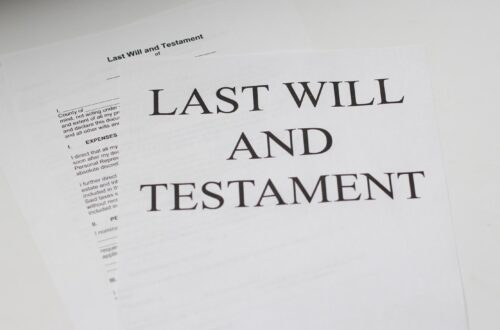Famous comedian and actor Bob Saget was tragically found dead in the bed of his Ritz Carleton hotel room in Orlando, Florida, on January 9, 2021, at age 65. As America was reeling from the sudden loss of their favorite TV dad, news broke that Saget died from blunt force head trauma, likely from an accidental fall in his hotel room.
As is common in celebrity death cases—particularly where the death is the result of accidental trauma, such as in the case of Kobe Bryant—Saget’s family had concerns regarding the public release of the details surrounding his death. In February, Saget’s widow and three daughters sued the Orange County Sheriff’s Office and a local coroner, claiming records associated with the death were exempt from public disclosure under Florida law. In addition to statutorily protected autopsy information, the family sought to prevent law enforcement’s photographs and video recordings from being made public. A Florida judge quickly granted an injunction, temporarily blocking the release of the records.
The relevant Florida statute provides that “[a] photograph or video or audio recording of an autopsy held by a medical examiner is confidential . . . except that a surviving spouse may view and copy a photograph or video recording or listen to or copy an audio recording of the deceased spouse’s autopsy.” Further, no other person, “except an agent designated in writing by the deceased’s surviving relative with whom authority rests to obtain such records,” shall be permitted “to view or copy such photograph or video recording or listen to or copy an audio recording without a court order.” The relevant North Carolina statute, on the other hand, is slightly less favorable to privacy concerns and provides that “copies of photographs or video or audio recordings of an autopsy” shall not be furnished to the public, but “any person may inspect and examine original photographs or video or audio recordings of an autopsy . . . at reasonable times and under reasonable supervision of the custodian of the photographs or recordings.” Interestingly, the North Carolina General Assembly passed a bill in July 2020 that would have shielded death investigation records from the public, but Governor Cooper vetoed it, stating the bill “could have the unintended consequence of limiting transparency in death investigations” and, therefore, “should not become law.” Given North Carolina’s differing stance on the disclosure of death records as compared to Florida’s, Saget’s family may have seen a different result if he died in the Tar Heel State.
If you need assistance with a legal issue in North Carolina, give us a call at 704-457-1010 to see how we may be able to help. For more information regarding our firm, attorneys, and practice areas, please visit our website at https://www.lindleylawoffice.com/.



